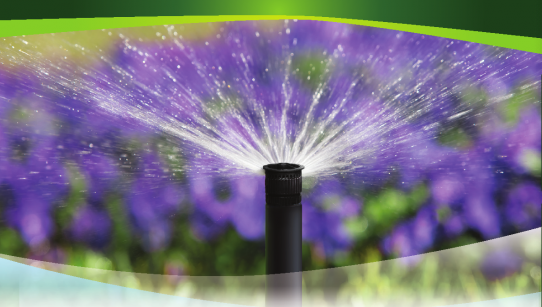Reasons to Upgrade to a Variable Speed Pump
Pool pumps, which keep pools clean by pumping water through filters, are one of the greatest energy consumers in homes.
Pool pumps can consume between 4,000 and 5,000 kWh annually. Pumps can also move water through heaters, filters, fountains, or other water features. These pumps typically have motors that are 1 or 2 horsepower and run for at least five to six hours every day. The user of a heat pump typically wishes to run the pump 24 x 7.
A variable-speed pool pump can cut pool pump energy usage by
50% to 75% for comparatively minimal expenditure. Most of the savings result
from a variable speed pump's ability to lower motor speed, which lowers energy
usage. The standard 3,450 RPM, 1.5 HP pool pump consumes about 2,000 watts of
power. Pump affinity law shows a significant difference in power
usage when pump speed and flow are reduced. For instance, the wattage lowers
from 2,000 watts to 593 watts (a 70% power reduction) if the pump speed is
decreased from 3,450 rpm to 2,400 rpm (30% speed reduction).
Less Power
more savings
Your pool's water doesn't need to be kept clean by running
pumps constantly at full capacity. In comparison to single-speed pumps,
variable-speed pumps are significantly more efficient since you can adjust the
speed of the pump to be low, high, or anything in between.
A variable-speed pump will cost more upfront, but it will
save you more money over time. In less than two years, pool owners who switch
to variable speed pumps typically recuperate the cost of the pump in energy
savings.
Ideal
Flow for Particular Tasks
With variable-speed pumps, you may choose the ideal speed for filtration,
heating, cleaning, or powering water features like spas. For all the features
and operations of your pool, there is only one speed (3450 rpm) available with
conventional pool pump motors. The ability to adjust the speed to meet a
variety of needs is one of the main benefits of variable-speed pumps.
A certain flow rate range is optimal for water features.
Similar to this, lower flow rates make heaters more effective (and affordable),
and if a customer is utilizing an inverter heat pump, this low flow helps to
maintain the heat in the pool while consuming very little power.
Automation
That Modifies to Your Needs
A variable speed pump can handle any future additions,
modifications, or removals of water features without the need to be replaced. A
variable speed pump may be readily programmed to deliver the ideal flow for
spas, water features, filters, and other devices when paired with the
appropriate automation system.
Modern
Control Systems
The majority of common pool pumps are managed by a timer or
sometimes a switch on a post near the pump. But with variable speed pumps, the
traditional mechanical time clock is replaced by an onboard computer that makes
it simple to navigate menus and set pump speed and operation times.
Quiet
Operation
Pumps with variable speeds are much quieter than those with
single speeds. One of the greatest advantages that people immediately notice is
quieter functioning. The pumps generate less noise as a whole because they
aren't continually operating at full speed. Pool time is quieter and the neighbors are happier when there is less noise.
Better
water filtration
The slower you can pump water through a filter with less
turbulence, the greater the filtering quality. Water filtration works best at
flow rates. There may be some filter bypass in pools with typical pool pumps
that operate continuously at 3450 RPM, which results in extremely small
particles returning to the pool unfiltered. Your filter can function more
effectively by decreasing this effect at lower flow rates. Your filter media,
which deteriorates more quickly under the everyday strain of greater flow
rates, lives longer with reduced flow. Your pool will remain cleaner and the
water will always be moving, never stagnant, with a VS pump operating at low rates
for almost 24 hours each day.
In conclusion, there are many advantages to using a variable-speed
pool pump, including energy savings, quiet operation, increased lifespan,
better filtration and circulation, and improved water quality. Whether you're looking
to save money, maintain better water quality, or simply enjoy a more peaceful
pool environment, a variable-speed pool pump is definitely worth considering.






a4199a.png)
.png)




No comments yet